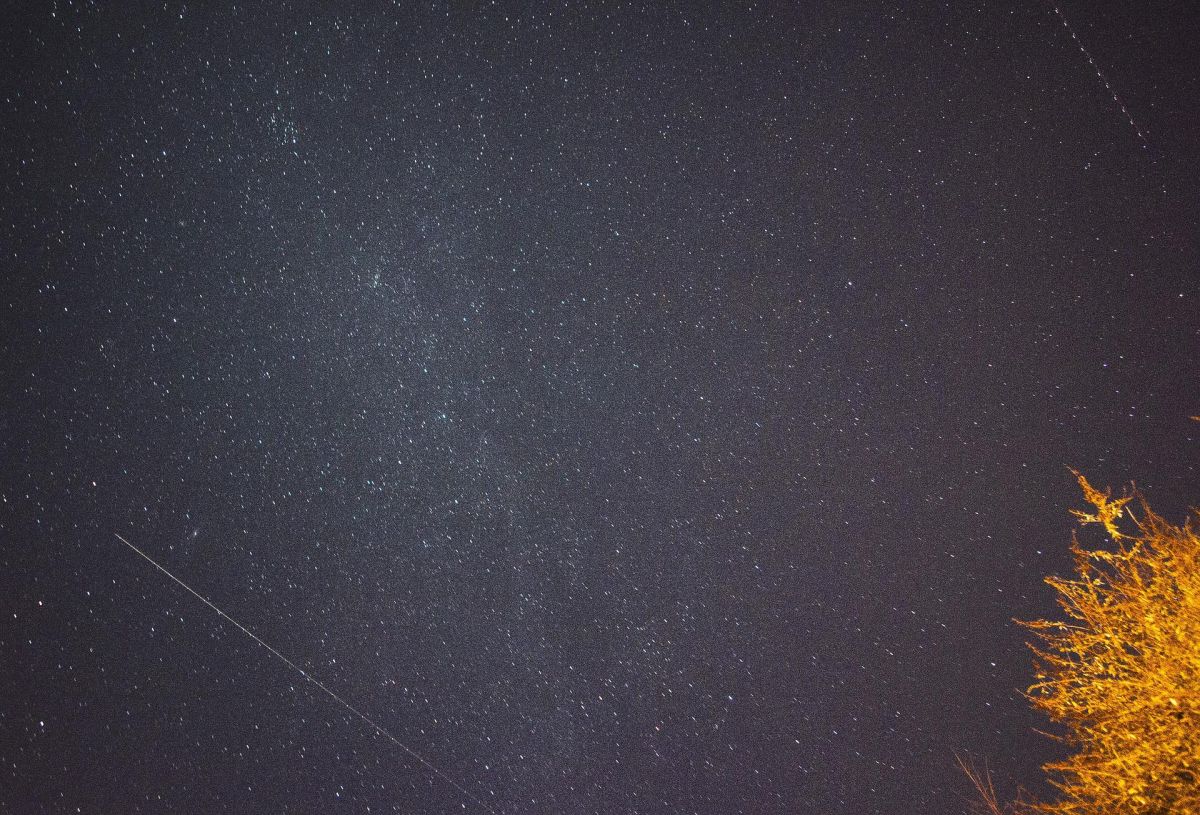Astronomers are excited about the possibility of a new meteor shower on 11 and 66 in May. And that excitement has generated a lot of information about the tau Herculids.
As the spring season continues, May could prove to be of great interest to stargazers and space enthusiasts, with a couple of potentially active meteor showers opening and closing the month.
“We also get excited about meteor showers! But sometimes events like this don’t live up to expectations; it happened with the shower of alpha monocerotides from 2019, for example”, NASA said in a statement.
“Some astronomers predict that a dazzling display of tau Herculids could be random”, they added.
Furthermore, they encouraged enthusiastic sky watchers to channel their inner scientists and look beyond the headlines. Here are the facts:
- On the night of 30 from May until the early morning of 31 in May, Earth will pass through the debris trails of a fragmented comet named 73P/Schwassmann-Wachmann, or SW3.
- The comet, which broke into large fragments in 1995, will not arrive at this point in its orbit until August.
- If the fragments were ejected with speeds greater than twice normal speeds, fast enough to reach Earth, we could have a meteor shower.
- Spitzer observations published in 2019 indicate that at least some fragments are moving fast enough. This is one of the reasons astronomers are excited.
- If a meteor shower occurs, the tau Herculids move slowly by meteor standards: they will be weak.
Observers in North America under clear, dark skies have the best chance of seeing a Herculid tau shower. Peak time to see it is around 1am on the East Coast or 10 pm on the west coast.
“We cannot be sure of what we will see. We can only hope that it will be spectacular,” the agency said.
Also read:
· NASA discovers a huge kite of record size; it will pass very close to the Sun in 2031
Photos: Strange cloud formations over Alaska spark conspiracy theories
A small asteroid impacted Earth’s atmosphere on 11 of March; NASA discovered it two hours before its collision
